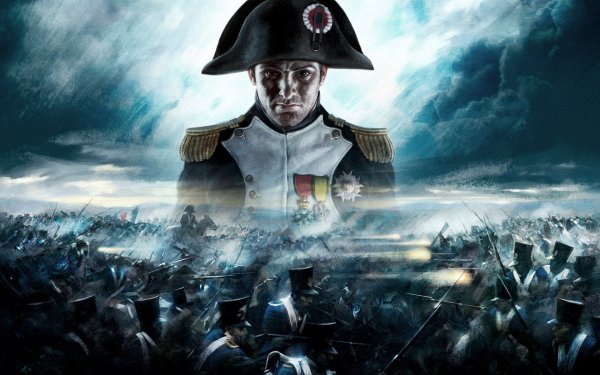Related:
Napoleon On An Age of Transition & The Dangers of A Militarist Government.
Napoleon On Alexander The Great.
Napoleon On Alexander The Great.
Napoleon On The "Courage of 2 A.M."
From, "The Mind of Napoleon: A Selection from His Written and Spoken Words," edited and translated by J. Christopher Herold. Columbia University Press: New York. 1955.
[Conversation, 1816] In antiquity statesmen were also men of letters, and men of letters were statesmen. They cumulated professions, whereas we segregate them absolutely. This famous division of labor, which in our age has brought mechanical pursuits to perfection, is absolutely fatal to the perfection of intellectual production. The quality of a production of the mind is in direct ratio to the universality of its creator. Pg. 143.
[Conversation, 1800s] Is a statesman made for sensibility? Is he not a completely eccentric being--always alone on the one side, with the world on the other? He must look through the eyeglasses of his politics, though he must beware lest they either magnify or reduce something. And while scrutinizing the objects of his attention, he also must take care to pull the strings he holds in his hand. His chariot often is hitched to unequal horses: you are the judge whether he ought to fritter away his energy to avoid giving offense to certain sentimental conventions, so dear to the common run of men! Has he the right to take notice of family ties, of affections, of childish social considerations? And look at this situation--how many separate actions of his general design are criticized, although they are certain to contribute to the great end, an end of which not everyone is aware! One day these actions will complete the immense creation of a colossus for the admiration of posterity. Wretches, will you keep back your praise because you are afraid the motion of that great machine might produce on you the same effect as did Gulliver on the Lilliputians, when by moving his leg he crushed them? Take courage, be ahead of your age, enlarge your imaginations, see far into the distance, and you will realize that the great men whom you believe to be violent, cruel, and what not are merely politic. They know themselves, they judge themselves better than you judge them, and if they are really able, they know how to master their passions, for they calculate the effects of even these. Pg. 161-162.
[Conversation, 1816] A statesman's heart must be in his head. Pg. 162.
